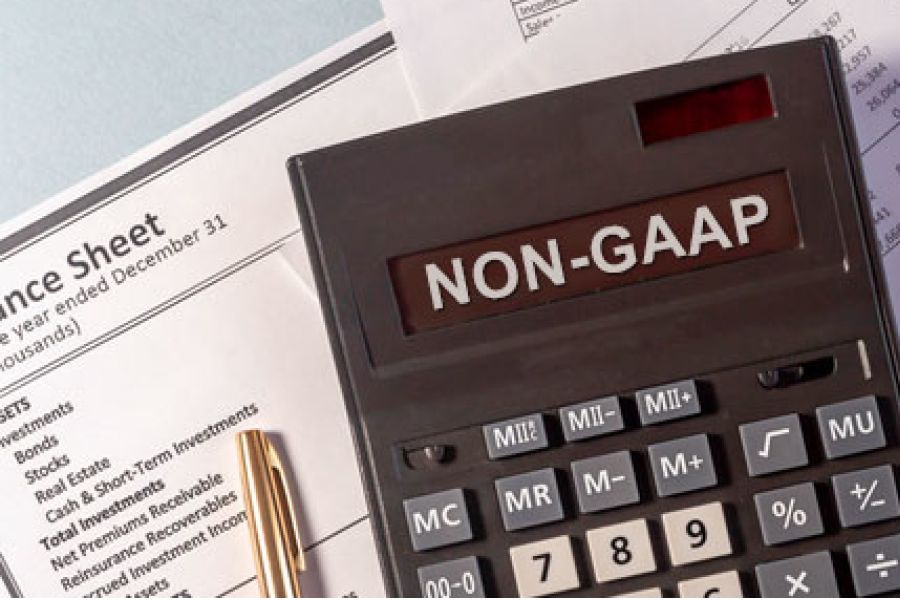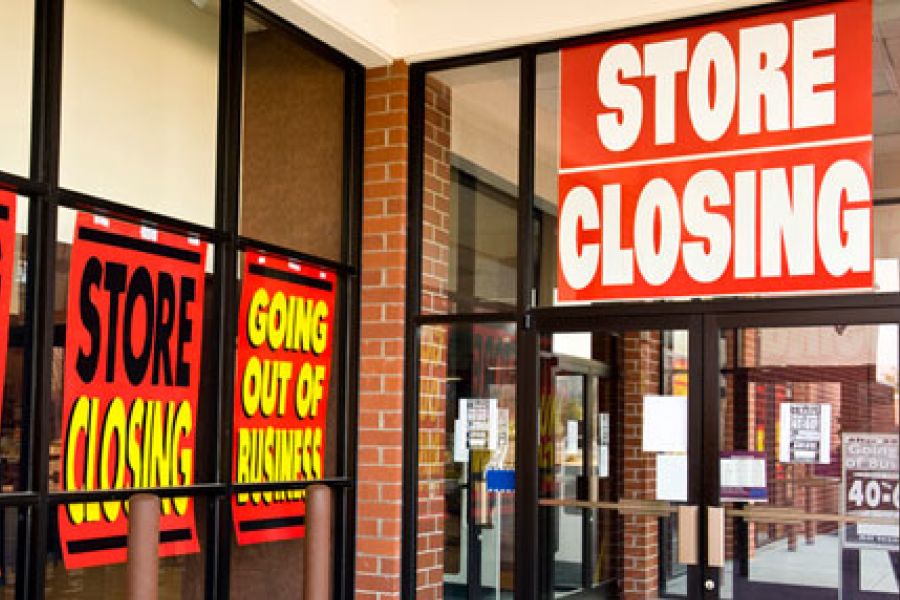Not all companies follow U.S. generally accepted accounting principles (GAAP). Many smaller businesses, for example, have adopted the AICPA’s Financial Reporting Framework for Small and Medium-Sized Entities because it’s easier to follow. Other businesses may use non-GAAP measures because they don’t believe GAAP provides readers of financial reports with enough information to make informed decisions. Non-GAAP accounting is, in a nutshell, any measure a company uses that relies on a methodology not included in GAAP. But not all measures are necessarily created equal. Some non-GAAP measures can be misleading, and have the potential to mislead investors, lenders and the public. History lesson Historically, U.S. companies have used non-GAAP measures sparingly. Yet according to financial data provider Audit Analytics, in 2017, 97% of financial statements produced by S&P 500...

Before the novel coronavirus (COVID-19) pandemic struck, employees who suspected occupational fraud in their organizations had multiple options for notifying their employers. For example, they could use interoffice mail to send information anonymously or meet with HR personnel in person. In today's work from home environment, do you give employees a voice to report fraud? Reporting options for employees working from home are more limited — particularly if they wish to remain anonymous. The current working environment only highlights the necessity for a fraud hotline or online portal that workers can access anywhere, anytime. If your business doesn’t already offer a confidential reporting mechanism, start thinking about how you can establish one. Limiting damage One of the best ways to give employees a voice to report fraud and...
Many businesses were unprepared when the novel coronavirus (COVID-19) pandemic required them to close their physical offices and shift to remote operations. Your company, for example, may have had to scramble to set up a virtual private network (VPN) or move files to the cloud. And while adapting to working from home, employees may have let your usual security procedures slide. From a cybercrime perspective, working from home generally isn’t as safe as working in the office. So you need to look for ways for protecting remote workers from cyberattacks, and prevent criminals from gaining access to your digital assets. Here are five ideas: Invest in education. Require remote employees to participate in security-related training that covers “old-school” phishing scams as well as new COVID-19 variations. As...
Paying workers under the table or with cash can save businesses a bundle in taxes. But the potential consequences are grave. Not only is this practice illegal and could result in severe financial penalties, but it also shortchanges employees. The novel coronavirus (COVID-19) pandemic has made this abundantly clear. As many laid-off workers who were paid under the table have learned, they don’t qualify for unemployment benefits if their state has no record of their employer contributing to the insurance pool. They may have trouble getting other financial assistance as well. You should protect your business and its workers by following the rules. Paying the piper In general, compensation is subject to federal income and employment taxes, as well as taxes that may be assessed on state and...
The first question you should ask yourself about anything that's too good to be true is . . . is it a legitimate business opportunity or scam. The investment “opportunity” could be anything from a new nutritional supplement to a foolproof method for "flipping" houses. But if the investment or product is advertised as “easy money” or promises immediate high earnings, beware. Although there are plenty of legitimate business opportunities out there, there are also plenty of fraudulent schemes that exist for no other reason than to steal your money. Simple or complicated These schemes can be relatively straightforward. For example, one New York state man was convicted of enticing investors to sink $10,000 each into a vending machine distribution business he promised would be profitable —...
Most travelers love a deal that extends their budget — whether it’s a cheap flight, discounted hotel room or all-inclusive package tour. Unfortunately, sophisticated scammers are only too happy to profit from bargain hunters. When planning your next trip, be vigilant in avoiding travel voucher scams . . . particularly those selling at a deep discount. Fake that seems real In one common scheme, criminals purchase vouchers from travel companies using stolen credit card numbers, then sell the vouchers online or by phone to would-be travelers. Between the initial purchase and subsequent resale, the travel company is alerted to the fraud. And before the traveler can use the voucher, the company inactivates it, leaving the traveler with a worthless document. Voucher scammers often use email to hook people...
Several major companies have already filed for bankruptcy during the novel coronavirus (COVID-19) crisis and many more large and small businesses are expected to follow suit. Don't get shortchanged by a liquidating business. If you’re a creditor of a company that’s liquidating, it may be challenging to get back what you’re owed. That’s where a solvency opinion can help. An expert determines whether the company could meet its long-term interest and repayment obligations when it made — or didn’t make — payments to creditors. Examining the subject Solvency experts consider many issues when examining a business. But ultimately, the outcome of three tests enable an expert to determine solvency: Balance sheet. At the time of the transaction at issue, did the subject’s asset value exceed its...
Every time your business interacts with customers is an opportunity to build trust. And it’s an opportunity you can’t afford to neglect. Look at customer data. When customers hand over personal and financial data to your company, they expect you to do everything in your power to protect it from hackers — as well as non-criminal third parties. If you don’t? Just look at some of the companies affected by major data breaches. Protect data and build trust with customers. Provide fraud notices Unless you run a cash-only business, you collect financial data from you customers every time you process transactions. If you offer credit accounts to business customers, you probably collect even more information. You’re obliged to ensure this data doesn’t fall into the hands of...
Businesses and fraud experts often face a long, arduous process when investigating any occupational fraud incident. When the fraud suspect is an executive . . . a member of upper management . . . it’s exponentially harder. In theory, investigating executives shouldn’t differ from the process of investigating rank-and-file employees. In reality, the authority and influence of an executive can slow — even shut down — a fraud investigation. You need a plan to prevent interference and facilitate the collection of evidence that can be used in court, if necessary. Human element The first step is to brief the executive’s chain of command. As soon as allegations surface, work with your company’s human resources and legal departments to make the suspect’s superiors aware of the situation. If you...
Financial statement manipulation is the costliest type of occupational fraud. The latest Report to the Nations published by the Association of Certified Fraud Examiners found that the median loss from financial statement fraud was $800,000, compared to median losses of $114,000 for asset misappropriation and $250,000 for corruption. With any type of fraud, the sooner it’s detected, the more likely losses can be mitigated. The Beneish model helps detect earnings manipulation. As such, this is one tool management and fraud experts might use to assess the likelihood of earnings manipulation. M score The Beneish model measures the probability that a company’s revenue has been inflated and its expenses have been understated. The model generally computes an “M score” from comparisons between consecutive financial reporting periods of various...











